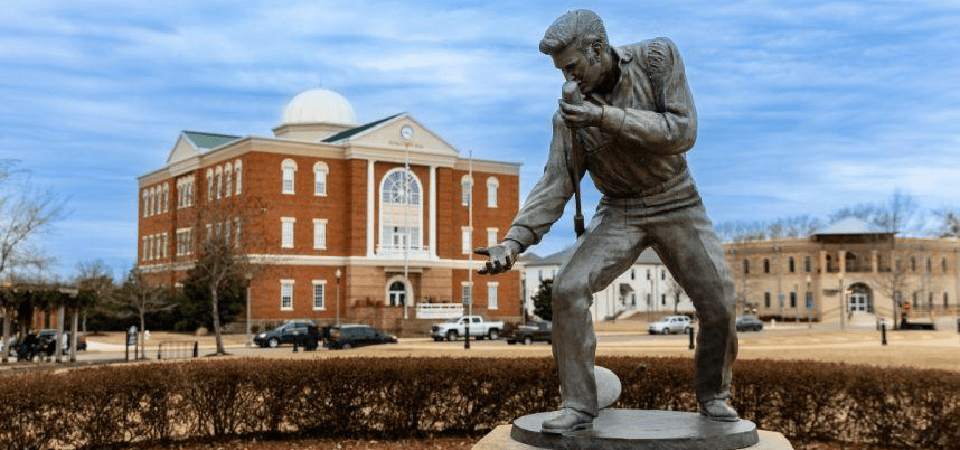
Mississippi Casinos Threatened With Higher Taxes for Online Sports Betting Opposition
If Senate lawmakers do not support the House’s online sports betting proposal, Mississippi casinos might face a rise in state taxes on gross gaming revenue (GGR).
On Tuesday, the House Ways and Means Committee in Mississippi approved House Bill 1881. Titled the “Integrity in Gaming in Support of Honest Taxpayers Act,” the legislation aims to reclaim tax revenue that Mississippi is losing by prohibiting online sports betting, even though legal sports gambling is happening at many of the state’s 26 commercial casinos and three tribal venues.
Backed by state Rep. John “Trey” Lamar (R-Senatobia), HB 1881 aims to increase the effective tax rate on commercial casino earnings in the state from 12% to 16%. Lamar estimates that the rise would provide the state with approximately $50 million each year in extra gaming revenue.
Lamar’s proposal is the first occasion in over ten years that a legislative chamber will deliberate on a bill to increase casino taxes.
Mississippi Internet Sports Wagering
Mississippi is among the 39 states where betting on professional and college sports is permitted. Nevertheless, regulated sportsbooks are only available by going to a physical casino.
Most of the wagers in states with both in-person and online sportsbooks are conducted through the internet. Lamar has advocated for the initiative to broaden online sports betting in Mississippi.
Mississippi online sports wagering legislation, such as House Bill 1302 introduced this month, has passed the state House. They’ve encountered strong resistance in the Senate, as certain legislators think online sportsbooks would decrease patron visits to the casinos. This could result in decreased gaming and tax revenue, as well as potentially diminished food and beverage sales.
Lesser-known casinos have raised concerns about their ability to compete in the online sports betting landscape, given that major players such as FanDuel, DraftKings, and BetMGM would likely collaborate with prominent casinos along the Gulf, specifically Beau Rivage, Island View, Hard Rock, and Golden Nugget.
Lamar states that if the Senate intends to restrict sports betting to casinos, those establishments need to increase their taxes to offset the financial impact of the restricted sports betting laws. Rep. Casey Eure (R-Harrison), a co-sponsor of the online sports betting bill, backs Lamar’s legislation.
"People are doing mobile sports betting through offshore companies,” Eure said.
Eure stated that his online sports betting bill for 2025 was created to tackle earlier issues brought up in the Senate.
“I’ve done everything I can to satisfy the Senate,” Eure continued. “In my 15 years up here [in the State Capitol], I’ve gotten more calls on mobile sports betting than I had on anything. A poll shows more than 60% of Mississippians want mobile sports betting.”
Opponents of Religion
A third factor in the conversation about Mississippi online sports betting is the significant religious interests in the state. The Mississippi Baptist Convention has urged all Baptists “to reach out to their senators and representatives” to voice their disapproval of online sports betting.
“Any type of gambling violates the tenth commandment — ‘thou shalt not covet.’ Any type of gambling violates the golden rule — ‘do unto others as you would have them do unto you.’ The only way anyone wins at gambling is for someone else to lose,” the Convention wrote in late January.















